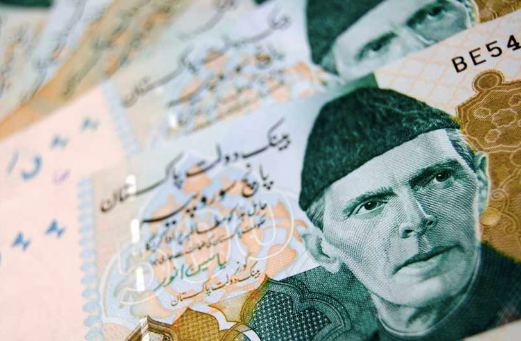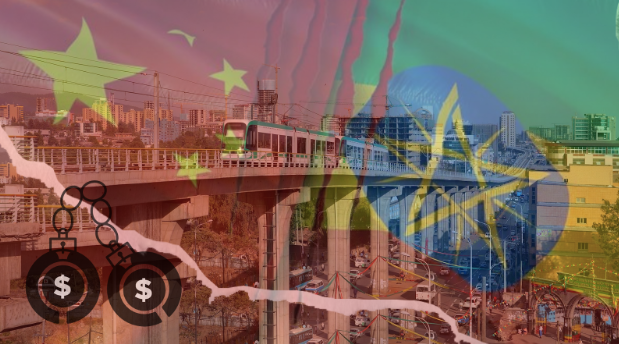Written by May Thet Niang With more than 613,000 people dead as of March 2023, the Syrian civil war has left its economy in ruins. In addition to GDP shrinking by more than half between 2010 and 2020, unemployment exceeds 50% and 90% of the population remains below poverty (Yazigi, 2014). Hidden behind the spiraling…
Category: International Economics
The Struggles of the Pakistani Economy
Written by Tarini Sathe Ever since becoming a country in 1947, Pakistan has dealt with political instability, cycling through periods of democracy and military rule. Of the country’s 29 Prime Ministers, not a single one has completed their five year term, all either being dismissed or overthrown. As a result, the Pakistani economy has also…
Rebuilding Ukraine: Investment, Industry, and Russian Assets
Written by Isaac Hintz It has been more than two years since Russia began their full scale invasion of Ukraine on February 24, 2022. Ukraine has recaptured most of the territory occupied by Russia in the early days of the conflict, but the past year of fighting has been characterized by a strategic stalemate on…
Fractured Fraternité: The Economic Fault Lines of New Caledonia
Written by Michael McKenna There is a common perception of France, the European country, and French culture, equality – fraternity- liberty. Yet, this portrayal, largely propagated by pop culture, ignores a legacy of economic exploitation and a parallel citizenry existing in the South Pacific. The last vestiges of France’s colonial empire are still undergoing the…
The Socioeconomics of Japanese Birth Decline
Written by Vincent Mathew Through 1950 to 2021 the global birth rate experienced a fall from 5 births per woman to 2.3 and conversations regarding the future of the global fertility decline have gained stark prevalence in response (UNPF, 2023). Developed nations have seen the most drastic decline estimates with Europe projected to endure a…
Argentina’s Potential Dollarization: What Should We Consider?
Written by Catherine Sancho Argentina’s economy has been experiencing turbulence ever since its first debt crisis in the 1980s, triggering exceptional rates of inflation. By the end of 2023, Argentina’s annual inflation climbed to 211.4%, the highest rate in 32 years (Rey, 2024). The newly elected president and self-described “anarcho-capitalist,” Javier Milei, campaigned strongly on…
Opinion: Political Depression Behind the Confidence Crisis in China’s Economy
Written by Wangruoxi Liang A year after China lifted its stringent zero-Covid policy with mass testing,extended quarantine and travel restrictions, the country’s economy is still struggling torebound. Consumer confidence improved briefly after the restrictions were lifted andquickly fell back down to pandemic levels, the retail industry staggered, the real estatemarket declined, and foreign investment contracted…
OPINION – The Train that Lead to Nowhere: The Double-Edged Sword of China’s Belt and Road Initiative (BRI) in Africa
Written by Lakshay Sood China’s economy has expanded over twenty years, becoming the second-largest, with a nominal GDP of $18.46 trillion in 2023 (IMF estimate). China’s rapid economic growth has helped its citizens escape poverty. It has become more economically and strategically ambitious globally. Beijing’s Belt and Road Initiative (BRI) reflects the country’s growing global…
Inequality, Carbon Emission, and the Future of Climate Change Mitigation
Written by Lily Liang We all contribute to climate change, but not to the same extent. Between 1990 and 2015, the world’s richest 10% were responsible for more than half of the carbon dioxide emitted to the atmosphere and used up one third of the world’s remaining 1.5C carbon budget (Watts, 2023). Today’s global carbon…
Javier Milei to take on Argentina’s Economic Crisis
Written by Gabi Breuer In late October, Argentina held presidential elections, crucial in determining how the country would handle its economic turmoil. Since the nineties, Argentina has struggled with such hardships: having substantial debts, falling into deep recession periods, and facing extraordinary inflation. This most recent election was critical to ensure Argentinians were put on…






